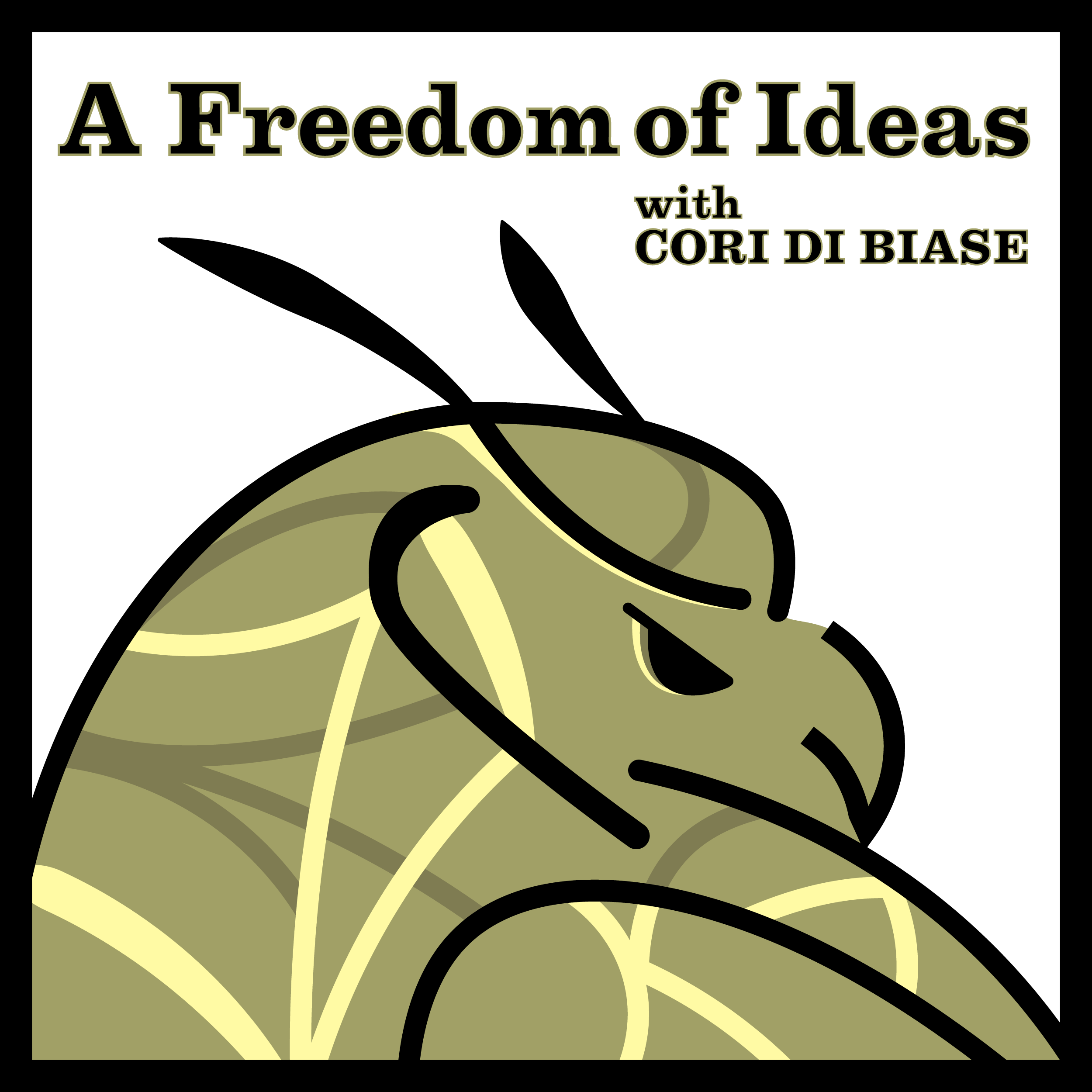Epiphenomena: Cramming for the Turing Test
Welcome to the first of our bonus Epiphenomena episodes.
Today, we’ll talk briefly (and a bit chaotically) about the brilliant Alan Turing. We’ll discuss the Turing Test, and its influence on how we think of both Artificial Intelligence and Natural (human) Intelligence.
As a programming note, “Epiphenomena” episodes are not exactly part of the main narrative. These are occasional bonus episodes that I’ll throw out on no particular schedule, and whenever I can manage it, or feel like it.
BUT: these episodes are also not edited with the same scrupulousness that I aspire to in the “regular” shows. For example, if recollection serves, I describe Joseph Stalin, among the most murderous creatures in the already grim history of humankind, as “icky”. That’s the kind of noun to adjective connection I’d hope to avoid in a better-edited episode.
As such, and as always, I’d love to hear from you. Was this TOO messy? Did I talk too fast? Too many digressions? Or should we lean toward being ‘off the cuff’ a bit more often? Either way, thank you so much for listening.
***SEASON ONE READINGS AND SOURCES***
A Philosophical Essay on Probabilities, by Pierre-Simon Laplace
Consciousness Explained, by Daniel C. Dennett (Paul Weiner, Illustrator)
Elbow Room: The Varieties of Free Will Worth Wanting, by Daniel C. Dennett
Freedom Evolves, by Daniel C. Dennett
Meditations on First Philosophy, by René Descartes
Mystery of the Mind: A Critical Study of Consciousness and the Human Brain, by Wilder Penfield
Subjectivity, Realism, and Postmodernism: The Recovery of the World in Recent Philosophy, by Frank B. Farrell
Copyright 2025 Cori Di Biase

